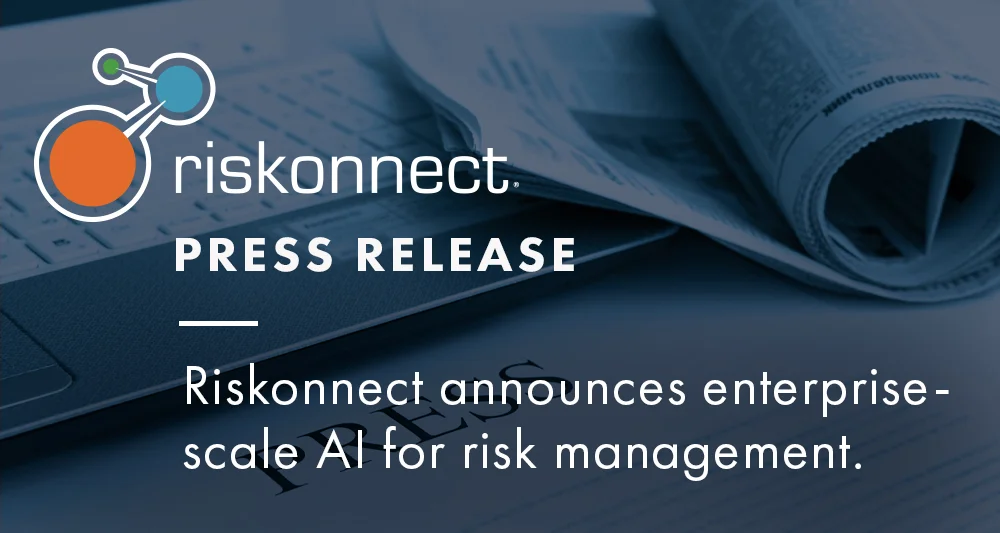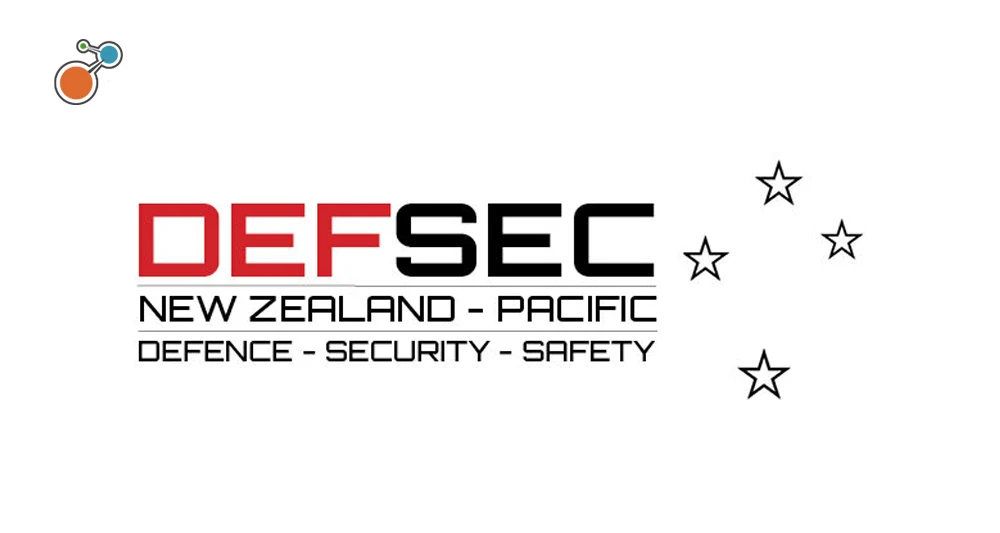Freightwaves, September 23, 2022
Rules would require publicly traded companies to track supply chain emissions.
The Securities and Exchange Commission proposed a set of climate disclosure rules in May. In turn, the trucking industry responded with concern about the potential impacts of the regulations.
To gain other perspectives on how the climate rules could affect trucking companies and their relationships with retailers, FreightWaves interviewed Amy Haddon, vice president of global marketing and communications at Schneider Electric, and Jim Wetekamp, CEO of risk management software provider Riskonnect.
In a public comment to the SEC, Schneider Electric said, “While the disclosure of scope 1 and scope 2 emissions is vital for investors’ understanding of climate-related risks on business operations and revenue, disclosure of scope 3 emissions is also essential, as most emissions lie in this area for nearly all companies.”
This question-and-answer interview was edited for clarity and length.
FREIGHTWAVES: How do you think the proposed climate disclosure rules could impact the supply chain industry?
WETEKAMP: “The SEC climate rules would require publicly traded organizations to report their climate risks and greenhouse gas emissions to investors and the public. The emissions disclosure requirements would include scope 1, scope 2 and scope 3 emissions, if the scope 3 emissions are ‘material’ or the company has a target to reduce emissions across its supply chain.”
HADDON: “Publicly traded owner-operators of freight, shipping and logistics companies will be expected to disclose their own climate risks and emissions. As these businesses are part of other companies’ supply chains, they will likely need to be prepared to disclose the same information to their customers, as their operational scope 1 and scope 2 emissions form part of their customers’ scope 3 emissions.
“The recent global supply chain disruptions experienced because of COVID-19 are also likely to drive additional scrutiny on the supply chain industry and its ability to weather climate-related impacts, making risk disclosures and resilience in this sector increasingly important.”
FREIGHTWAVES: Why does Schneider Electric believe including scope 3 emissions disclosures is important in the proposed climate rules?
HADDON: “Scope 3 emissions make up the bulk of most companies’ GHG emissions. [The Carbon Disclosure Project] has found that, on average, scope 3 emissions are more than 11 times higher than a company’s direct operational emissions. Scope 3 has also historically been the hardest emissions category to measure and manage. We believe it’s essential to encourage action on scope 3 if we are to make meaningful progress on emissions reduction and climate change.”
FREIGHTWAVES: What challenges do you think will arise between shippers and retailers related to scope 3 emissions?
WETEKAMP: “Companies typically work with a very large number of partners across the value chain — often in the thousands or tens of thousands. Complicating matters, the data that companies need to calculate scope 3 emissions usually lives outside of the reporting organization with its many suppliers, vendors, distributors and other trading partners.
“Measuring emissions is new and not yet standard practice, which adds to the challenge, especially for small businesses. It’s a big job to collect and analyze value-chain partners’ energy-use data.
“Complying with the SEC’s requirements will be costly. That added pressure could strain relationships between shippers and retailers.
“To successfully report on scope 3 emissions, the reporting organization must collect energy and fleet data and miles traveled to calculate emissions. On top of this, reporting organizations would be responsible for determining what proportion of emissions belongs to them, based on their share of the supplier’s total output.
“This work is manual, repetitive and time consuming, and shipper and retail teams are already stretched thin. The amount of data and work needed to meet the proposed disclosure requirements are well beyond what a team of people can reasonably manage without the help of software.”
Read the full article in Freightwaves >>




